Strengthen your baby’s back and neck muscles in preparation for crawling. Awake tummy time in babies.

Is It Normal For My Baby To Crawl Backward Babycenter
Signs and symptoms of colic.

When do babies crawl nhs. When do babies start crawling? How will my baby learn to walk? Babies tend to learn to crawl after extensive time on their tummy.
Your baby starts to crawl around 7 to 10 months but it is perfectly normal if your baby hasn’t started yet. By the time they reach their first birthday, they're likely to be crawling well and exploring their surroundings (sheridan 2014). But there’s a wide range of normal when it comes to crawling.
By the time they reach their first birthday , they're likely to be crawling well and exploring their surroundings (sheridan 2014) By the time they're 15 months old, most toddlers are walking unaided, though often with uneven steps. Yours will start crawling when he or she is.
A baby with colic might show some of these symptoms: Some children don't walk until they are 17 months or 18 months old. Keep in mind, some babies don’t crawl in the classic sense at all, but just get around by shuffling on their bottom.
When do babies start talking happy baby sitting on floor. Most babies walk on their own sometime between 12 and 17 months (sharma and cockerill 2014). Most babies take their first steps by their first birthday.
Most babies learn to crawl between the ages of 6 months to 12 months. At what age do babies start crawling? Most babies start crawling sometime between around 7 and 10 months but every baby is unique so its hard to say precisely when yours will get moving.
When your baby reaches nine months old, he will recognise and respond to his own name (ican 2011, sheridan 2008). Try not to worry if your child takes a little longer than others, though, because every baby is different. By the time she's a year old, she's likely to be crawling well and exploring her surroundings.
All babies grow and develop at their own pace. Your baby may start learning to crawl from about six months and most babies are moving around by the time they're nine months old (nhs 2016a). Your baby may start learning to crawl when she's between six months and nine months old.
Can you create a space in your house where your baby can explore safely? Or, they may only work for short time before the crying starts up again. Babies typically begin to crawl between 6 and 10 months, although some may skip the crawling phase altogether and go straight to pulling up, cruising, and walking.
Your baby may start learning to crawl between six and nine months old. Most babies begin to creep or crawl (or scoot or roll) between 6 and 12 months. Your baby will possibly start to crawl at around 7 to 10 months.
When your baby is about 12 months to 15 months old he'll understand simple requests, such as stop, give it to daddy, or come here (ican 2011). Placing babies on their tummies while awake helps to: This ‘tummy time’ is important for baby as it strengthens core muscles needed to become mobile.
Baby walkers allow babies to walk abnormally (often on tip toes), and do not strengthen the muscles needed for sitting, crawling or independent walking. Most babies start crawling sometime between the age of 7 and 10 months, but every baby is unique so your little one might be on the move a little earlier or later than this. The first step is often rolling, an important stage towards crawling and getting around.
Some babies can start rolling as early as 3 to 4 months, with most rolling by 7 months. Once your baby becomes a little closer to the 8 month mark and has mastered being able to sit up without support, you can expect crawling to be the next big milestone. But remember, crawling backwards tends to come before your little one manages to crawl forward.
Sit baby between your legs and encourage them to reach for toys placed Babies typically begin to crawl between 6 and 10 months although some may skip the crawling phase altogether and go straight to pulling up cruising and walking. It is much more important to give a baby a safe space on the floor to roll, crawl and pull themselves up into standing.
Awake tummy time is important in this. But just as she has to crawl before she walks, she has to babble before she talks. Try not to worry if your baby takes a little longer.
Tummy time helps babies to develop the muscle strength in their shoulders, arms, back and core which they need for for crawling. Your baby may start learning to crawl from about six months and most babies are moving around by the time they’re nine months old (nhs 2016a). It's a big moment when your baby starts to move about on their own.
There are lots of things you can do to help your baby gradually learn how to start rolling. The bumbo seat, for example, is a popular choice among parents and is appropriate for babies ages 3 to 9 months, or as soon as the baby can hold up.
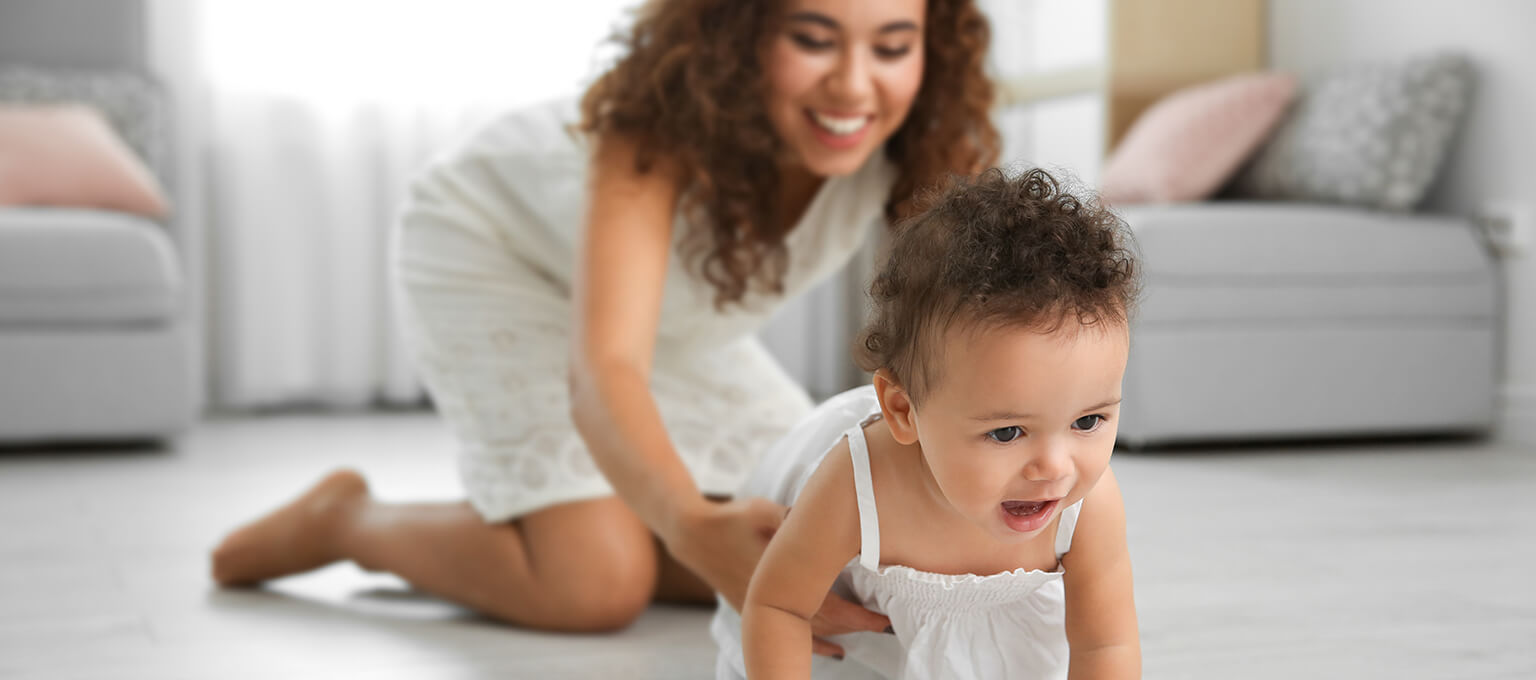
When Do Babies Crawl Crawling Styles Chart Pampers

Baby Gyms - Babycentre Uk
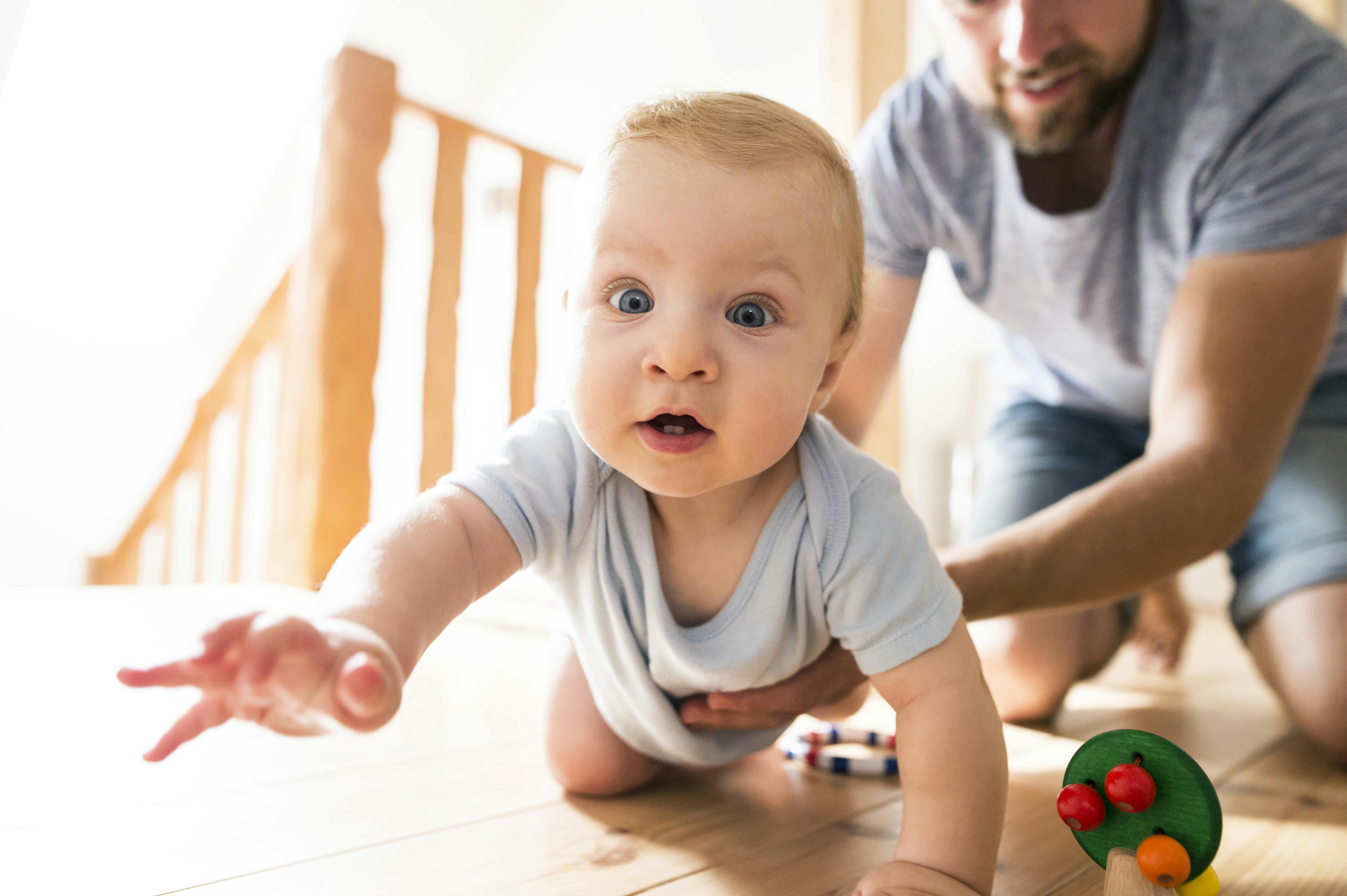
When Do Babies Start Crawling Baby Mother Baby

Helping A Baby Sit Up Tips Stages And Other Milestones

Late Bloomers When Babys Development Is Slow Going Parents

When Do Babies Crawl Child Development Baby Development Toddler Development

When Do Babies Clap Plus How To Encourage This Milestone

Developmental Milestones Standing - Babycentre Uk

Developmental Milestones Crawling - Babycenter India
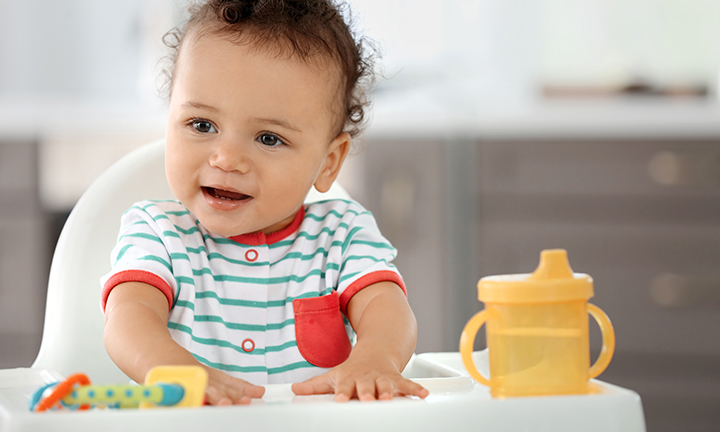
When Can Babies Drink Water Pampers
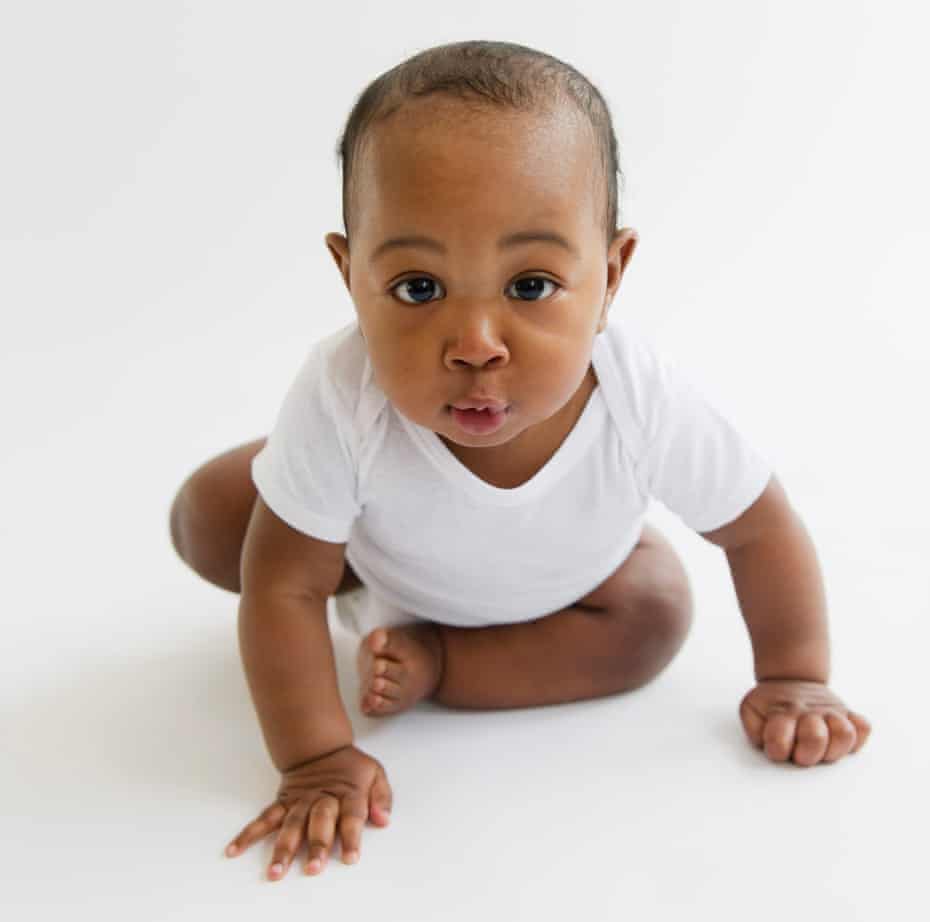
Black Babies More Likely To Survive When Cared For By Black Doctors Us Study Race The Guardian

Babyfoodrecipes Baby Led Weaning Recipes Weaning Recipes Baby Led Weaning First Foods

Baby Crawls For The First Time To The Beats Of Nicki Minaj Starships - Super Cute Crawling Baby Baby Puppies Cute Babies

When Do Babies Start Crawling Baby Mother Baby
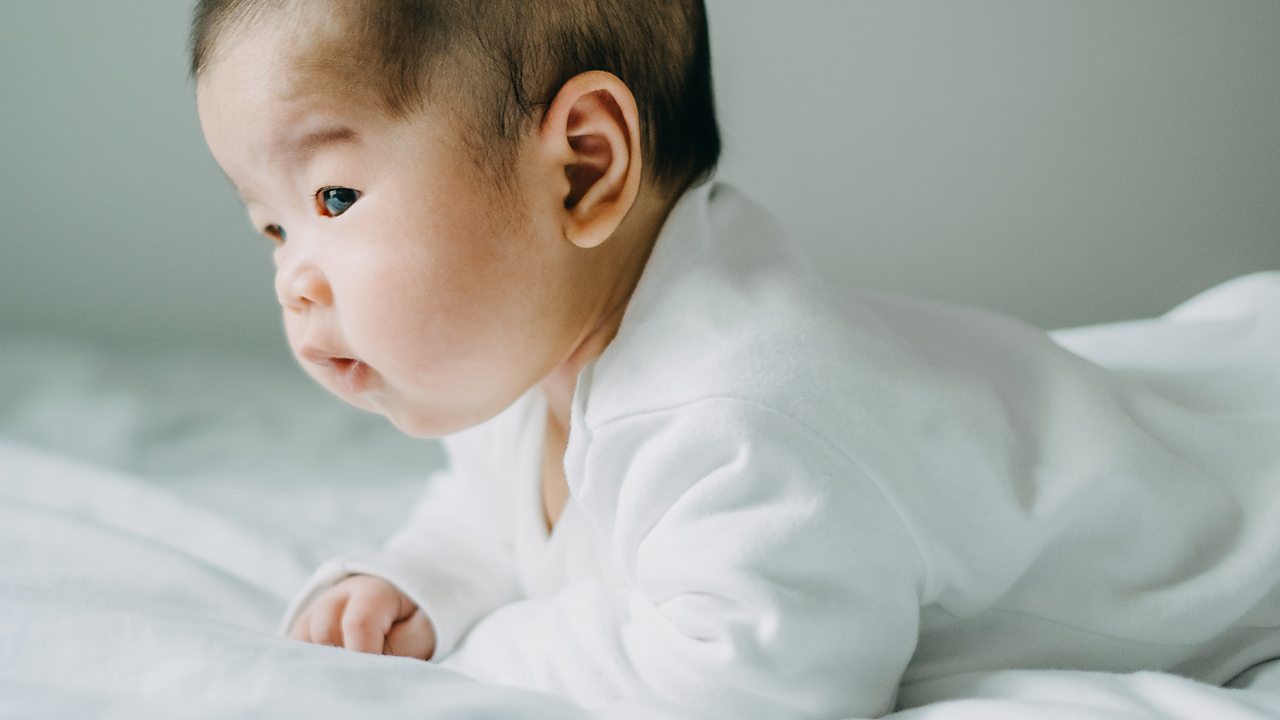
What Is Tummy Time And How Do You Do It - Bbc Tiny Happy People

When Do Babies Roll Over When They Should Whats Too Early More

Commonly Asked Questions About Babies Crawling Awkwardly

5 Benefits Of Regular Tummy Time Teach Investigate Play Tummy Time Childcare Activities Early Childhood Development
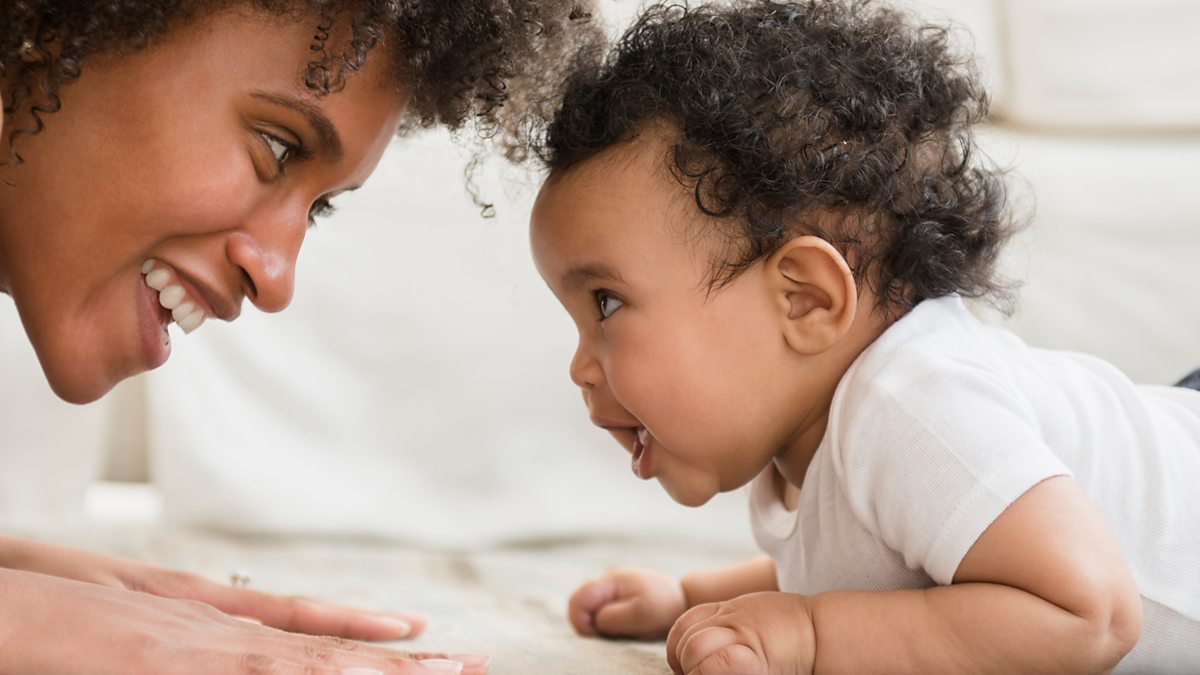
Tummy Timy Activities - Bbc Tiny Happy People
